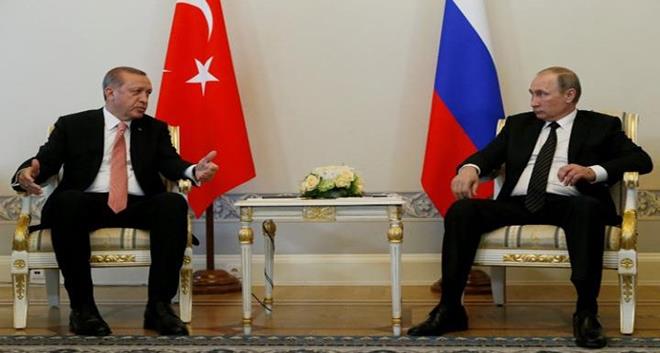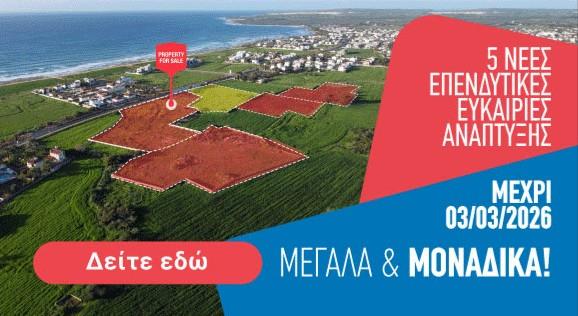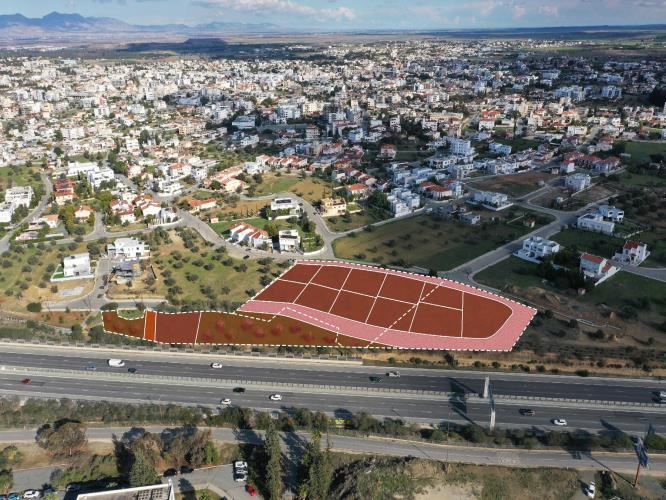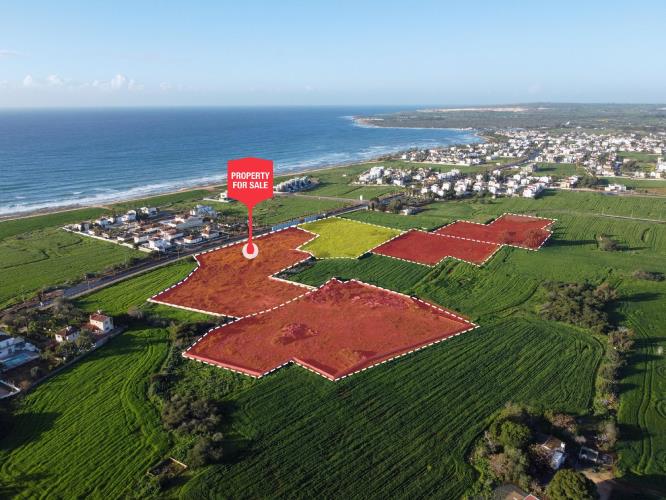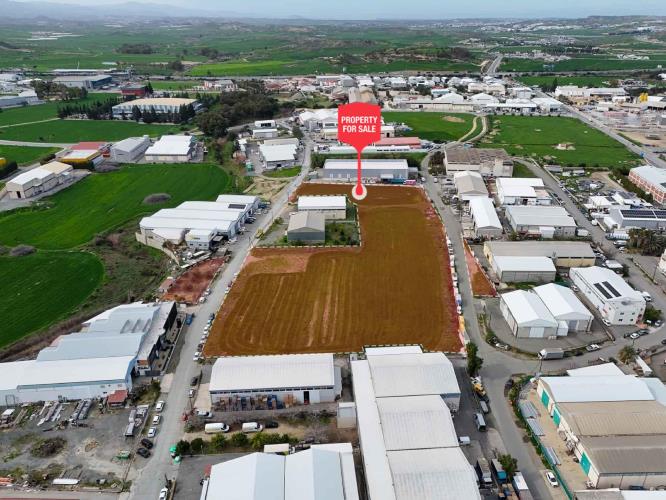Vladimir Putin and Recep Tayyip Erdoğan held a clear-the-air summit in St Petersburg on August 9, the first time the pair have met since they fell out over the Russian fighter jet downed by the Turkish air force last November. After more than three hours of talks, the two leaders promised to return their economic relations to “pre-crisis” levels and attempt to put the bad blood of the past nine months behind them, The Guardian reports.
The visit was also Erdoğan’s first trip abroad since the failed coup attempt in Turkey last month, and in his opening remarks he thanked Putin for his support. “Your call straight after the coup was very pleasing for me and our leadership and our people,” said the Turkish president, who referred to Putin as “my dear friend”.
“It is our principled position,” Putin said, in regard to the coup attempt. “We are always categorically opposed to any attempts at anti-constitutional activity. I want to express the hope that under your leadership the Turkish people will deal with this, and justice and legality will prevail.”
Western leaders have criticised Turkey for the crackdown in the aftermath of the coup, and for suggestions by Erdoğan that the death penalty could be reintroduced. Erdoğan has been strongly critical of the EU and US response to the coup attempt, and there is a sense that Putin may have seen an opportunity to provide a supportive shoulder for the Turkish leader, despite the rancour of the past months.
In November, Turkey shot down a Russian Su-24 fighter jet, after what it said were multiple warnings to leave Turkish airspace. Russia insisted the plane remained inside Syrian airspace, where it was flying missions in support of Bashar al-Assad’s regime. One of the pilots died, as well as a marine who was part of a rescue mission.
In the aftermath of the incident, Russia imposed economic sanctions on Turkey, a number of Turks were deported, and charter flights between the two countries stopped. Millions of Russians had been used to going on holiday to Turkey, and the frost in relations came as a huge blow to the country’s tourist industry.
Russia’s minister for economic development, Alexey Ulyukayev, said bilateral trade could reach the same levels as before the sanctions “within a year”. Putin also promised the gradual easing of sanctions, the resumption of charter flights, and possibly the lifting of visas, imposed for Turkish citizens after the incident.
Erdoğan and Putin, both strong leaders who have portrayed their rule as a time of national renaissance, previously had a very good personal relationship. According to The Guardian, while it is unlikely they will immediately return to business as usual, both appeared keen to put the plane incident behind them, after Erdoğan wrote a letter to the Russian president in June in which he expressed regret for the incident.
The plane was mentioned on August 9, but kept in the background. Erdoğan spoke of the “well-known incident last year”, while Putin referred to “the tragic incident involving the death of our servicemen” during his opening remarks, a far cry from his words in the immediate aftermath, when he called the downing “a stab in the back, carried out by the accomplices of terrorists”.
An aide to Erdoğan told Turkey’s Hürriyet newspaper that the president of Kazakhstan, Nursultan Nazarbayev, and a Turkish businessman with major interests in Russia had played go-between roles to smooth over the bad feelings after the plane incident.
“This visit seems to me a new milestone in bilateral relations, beginning with a clean slate, and I personally, with all my heart and on behalf of the Turkish nation salute Putin and all Russians,” Erdoğan said in an interview with Russian state media on the eve of his visit.
The rapprochement between Erdoğan and Putin has jangled nerves in Brussels. MEPs recently warned about the Putinisation of Turkey, amid concern over the sweeping crackdown on suspected coup plotters in the civil service and judiciary.
But Turkey’s ambassador to the EU, Selim Yenel, said he was “surprised by the worry I see in many western countries” over the St Petersburg visit. “Turn back the clock one year, we had even stronger relations with Russia at that time,” he told the Guardian. It was unrealistic to think Turkey would turn against western countries or Nato, he said.
Erdoğan has vowed Turkey will reject a key EU demand of rewriting its terrorism laws in return for visa-free travel to Europe – leaving the migration pact between the EU and Turkey hanging by a thread. Despite this warning, senior EU and Turkish officials have continued to search for agreement on visa-free travel, and the ambassador voiced optimism that pact would hold.










